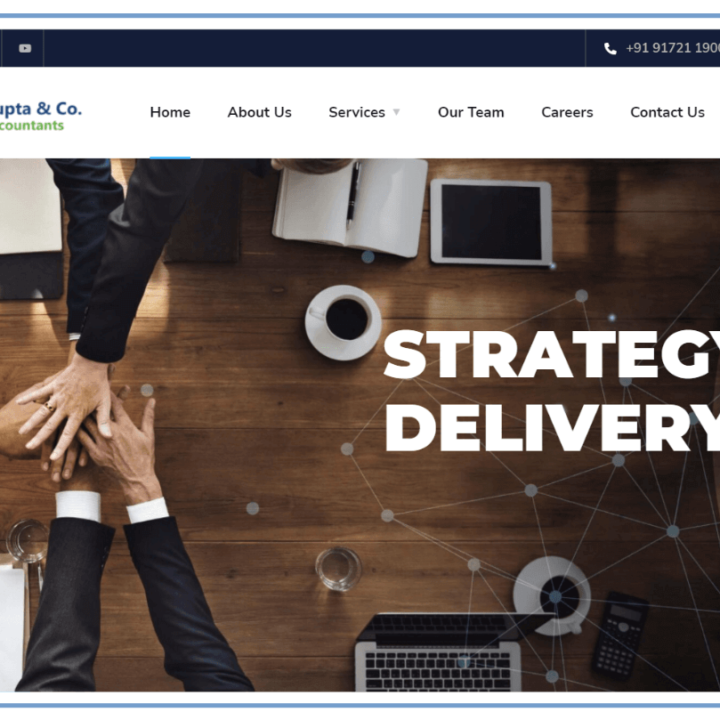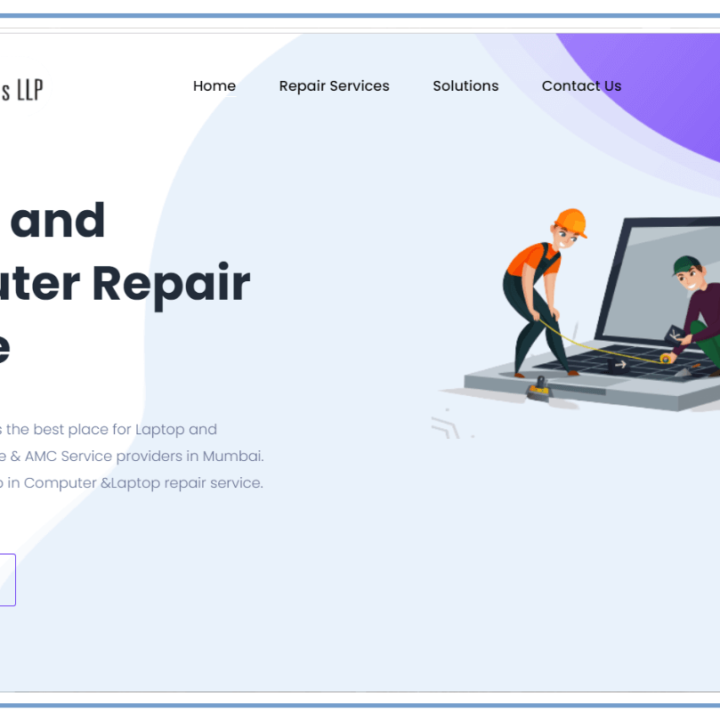10 Effective Ways to Optimize Your Website for Search Engines
Introduction
10 Effective Ways to Optimize Your Website for Search Engines. Since they are a part of the digitally connected world, businesses of all sizes must be active on the internet nowadays. One of the most important elements of a good online presence is search engine optimisation (SEO). You might significantly enhance your exposure, get more organic traffic, and finally produce conversions by optimising your website for search engines. This article will discuss 10 practical techniques for improving your website’s search engine optimisation so that it appears higher in search engine rankings.
Table of Contents
- Understanding Keyword Research
- Creating High-Quality and Engaging Content
- Optimizing Meta Tags
- Building High-Quality Backlinks
- Improving Website Loading Speed
- Enhancing User Experience
- Implementing Mobile Optimization
- Utilizing Social Media Integration
- Optimizing for Local Search
- Monitoring and Analyzing Performance
1. Understanding Keyword Research
Any effective SEO approach starts with keyword research. Start by selecting pertinent keywords and phrases that members of your target market use to look up goods and services comparable to yours. You may uncover profitable keywords with high search traffic and little competition by using tools like Google Keyword Planner, SEMrush, or Moz Keyword Explorer.
2. Creating High-Quality and Engaging Content
As far as search engine optimization goes, content is king. Make sure that you craft compelling and informative content that is in line with the interests and needs of your target audience. In order to maintain the value of your content and make it useful and interesting, you should include corresponding keywords in a natural way. Great content, blog posts, and landing pages don’t just get your site noticed by the search engines; they draw in visitors on a long-term basis.
3. Optimizing Meta Tags
Search engines will find the most important information on your site by using meta tags. By adding relevant keyword phrases, optimize your meta tags, including the title tag and description. That will help search engines figure out what your web pages are intended for and increase the chance that they’ll appear in appropriate search results.
4. Building High-Quality Backlinks
Backlinks, or incoming links from other websites, are crucial for SEO. Focus on acquiring high-quality backlinks from reputable and authoritative websites within your industry. Guest posting, creating shareable content, and engaging with influencers are effective strategies for building a strong backlink profile.
5. Improving Website Loading Speed
In addition to the user experience and search engine rankings, website loading speed plays an important role. To increase the loading speed of your website, compress images, fade CSS or JavaScript files, and use browser caching. A fast-loading website doesn’t just improve the user experience; it also increases your chance of being ranked higher in search results.
6. Enhancing the User Experience
User Experience (UX) is a vital factor for search engines to take into account in their rankings of websites. You must make sure your website is user-friendly, has easy navigation, a clear call to action, and has a responsive web design. A reliable browsing experience will encourage visitors to remain on your site and increase the likelihood of conversion.
7. Implementing Mobile Optimisation
Your website must be mobile-friendly, given the popularity of mobile devices. Make sure your website responds to multiple screen widths and is responsive. The user experience is enhanced through mobile optimization, which also raises the position of your website in mobile search results.
8. Utilizing Social Media Integration
The ranking of search engines may be influenced by social media signals. In order to boost user sharing of your content on various platforms, you should install social media sharing buttons on your website. Higher visibility and organic traffic can be achieved through increased social engagement.
9. Optimizing for Local Search
If you operate a store in your community, optimizing for local search is crucial. Make sure your contact information is correct and up-to-date, claim your Google My Business listing, and invite clients to submit reviews. Local SEO techniques may be helpful to attract clients in your region.
10. Monitoring and Analyzing Performance
Utilise technologies like Google Analytics to systematically track and evaluate the effectiveness of your website. Keep track of important statistics like the bounce rate, conversion rate, and organic traffic. This information gives you important insights into the success of your SEO efforts and enables you to make data-driven adjustments.
Conclusion
Optimizing your website for search engines is a continuous process that requires time, effort, and consistent monitoring. By implementing these ten effective strategies, you can enhance your website’s visibility, attract more organic traffic, and ultimately improve your search engine rankings. Remember to stay updated with the latest SEO trends and adapt your strategies accordingly to maintain a competitive edge
Frequently Asked Questions (FAQs)
1. How long does it take to see results from SEO optimization? Depending on a number of factors, e.g., the state of your website, competition, and the effectiveness of its optimization efforts, it may be different as far as search results are concerned. The significant improvement in the rankings of search engines is usually not visible until weeks or months later.
2. Is it necessary to hire an SEO agency to optimize my website? Hiring an SEO agency can be beneficial if you lack the expertise or resources to handle SEO on your own. However, with proper research and dedication, you can optimize your website yourself by following best practices and staying informed about the latest SEO techniques.
3. Can I optimize my website for search engines without technical knowledge? While having technical knowledge can be advantageous, you don’t necessarily need it to optimize your website for search engines. Many SEO techniques are accessible to beginners, and there are numerous online resources and guides available to help you learn and implement SEO strategies.
4. How often should I update my website’s content? Updating your website’s content regularly is beneficial for both search engines and users. Aim to publish fresh, high-quality content on a consistent basis. This can include blog posts, articles, case studies, or any other relevant content that adds value to your target audience.
5. Can social media activity impact my website’s search engine rankings? Although social media activities are not directly relevant in terms of ranking on search engines, they may have an indirect effect. Social media shares, which can have a positive impact on your search engine’s ranking, may increase content visibility, generate more backlinks, and drive traffic to your website.
10 Effective Ways to Optimize Your Website for Search Engines
If you like the post please like and share and do make comments in the comments box.
You may see the affiliate link in this blog. imdigitalvinod may receive a small commission if you sign up for Sitechecker on the terms of this offer.









